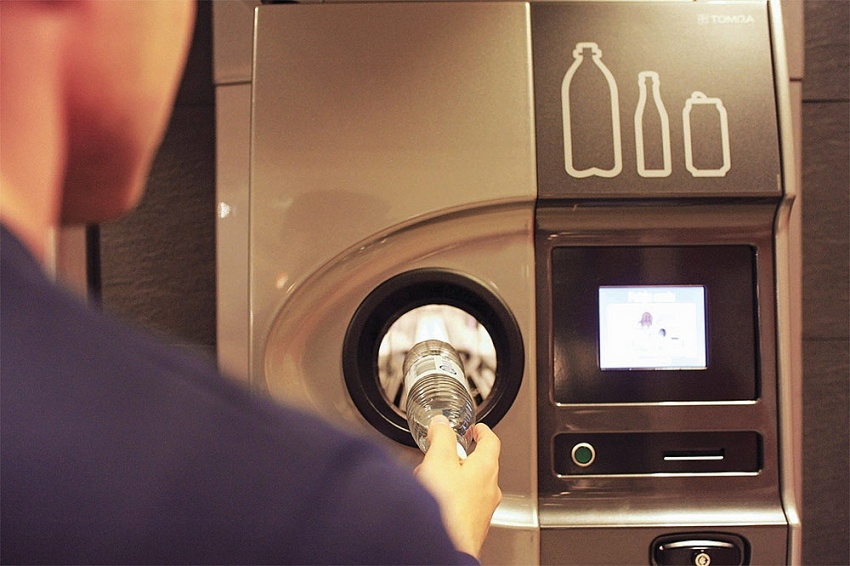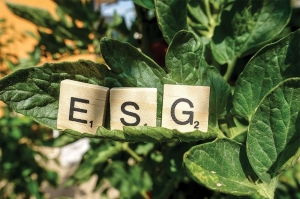Scandinavia’s positive view of business
 |
| Nordic nations are renowned for creating tech for recycling, water treatment, and low-carbon solutions |
SEB, a Nordic financial services group, is eager to expand in Vietnam. It held the SEB Nordic CEO Conference in Hanoi last month, uniting business leaders, diplomats, policymakers, academics, and stakeholders from Vietnam and Nordic countries. The shift to a green economy, renewable energy, and human resources were of the interest during discussions.
Marcus Wallenberg, chairman of SEB Group, highlighted Vietnam’s progress, positioning the country as a top investment destination. “Vietnam has achieved excellent economic growth and is committed to strengthening cooperation to achieve higher goals. What will attract investors in the future is ensuring an open and transparent business environment and making policies and procedures more accessible,” he said.
Indeed, 90 CEOs and group presidents from Nordic countries who participated in the conference had a very positive view of Vietnam and the business opportunities here, Wallenberg added. “Businesses are well-positioned to collaborate with Vietnam in the future, especially in the field of clean energy supply chains,” he said.
Over the past year, companies originating from the Nordic region have been building on activities in Vietnam.
After Trelleborg opened a new manufacturing facility in Long Thanh district of the southern province of Dong Nai in December, the Swedish company broke ground on another manufacturing facility in Phu My 3 Specialised Industrial Park in the nearby province of Ba Ria-Vung Tau in January. The construction of the Ba Ria-Vung Tau facility is expected to be completed by the end of 2025 with production coming online in 2026.
Tobias Rydergren, VP communications of Trelleborg Group, told VIR, “Over the past decade, Trelleborg has increased both its presence and sales in Asia, and we believe this trend will continue. It is a region where we want to continue to grow and Vietnam is centrally located in Asia with access to a well-educated workforce and good supply chains in the form of global shipping routes.”
In total, its investment in the two facilities amounts to around $50 million so far.
Meanwhile, Danish company DSV Air & Sea has been present in Vietnam for more than 20 years and during the last five years its business has grown from an organisation of 75 employees handling 30,000 transactions to boasting 250 employees handling 145,000 transactions.
Managing director Eric Herding said, “In addition to the growth of the Vietnamese economy, we have seen an acceleration of the diversification of production and industries. A rising middle class and the resulting higher demand for commodities such as healthcare, food, and nutrition may be of interest for Nordic investors. Vietnam’s human resource capital is also an attractive draw card.”
Vietnam has some work to do to catch-up on infrastructure, Herding said, especially in the transportation sector and power generation sectors, but Nordic investors could explore these opportunities.
Wartsila, a global technology group from Finland, is partnering with a Vietnamese group to research the possibility of developing the first flexible power plant in Vietnam using liquid natural gas with the potential to convert to hydrogen.
Meanwhile, Norway’s national oil company Equinor signed an MoU with PetroVietnam to promote cooperation within renewables and low carbon solutions last November.
According to the Ministry of Planning and Investment, as of March 2024, investors from Denmark, Finland, Iceland, Norway, and Sweden are investing in 372 projects across Vietnam with a combined investment capital of $2.98 billion.
 | ESG gives businesses competitive edge Adopting a sustainable business model through environmental, social, and governance (ESG) practices is a challenging journey but provides long-term competitive advantages for enterprises. |
What the stars mean:
★ Poor ★ ★ Promising ★★★ Good ★★★★ Very good ★★★★★ Exceptional
Related Contents
Latest News
More News
- Vietnam sets ambitious dairy growth targets (February 24, 2026 | 18:00)
- Masan Consumer names new deputy CEO to drive foods and beverages growth (February 23, 2026 | 20:52)
- Myriad risks ahead, but ones Vietnam can confront (February 20, 2026 | 15:02)
- Vietnam making the leap into AI and semiconductors (February 20, 2026 | 09:37)
- Funding must be activated for semiconductor success (February 20, 2026 | 09:20)
- Resilience as new benchmark for smarter infrastructure (February 19, 2026 | 20:35)
- A golden time to shine within ASEAN (February 19, 2026 | 20:22)
- Vietnam’s pivotal year for advancing sustainability (February 19, 2026 | 08:44)
- Strengthening the core role of industry and trade (February 19, 2026 | 08:35)
- Future orientations for healthcare improvements (February 19, 2026 | 08:29)

 Tag:
Tag:




















 Mobile Version
Mobile Version